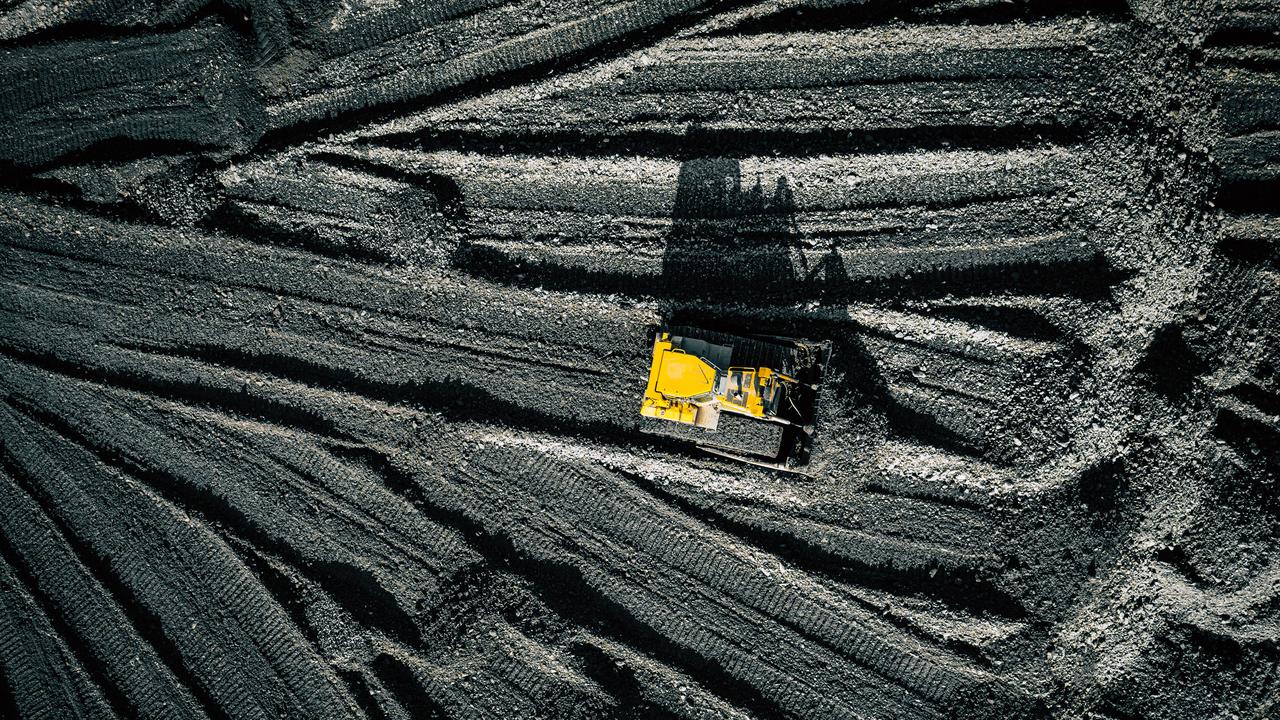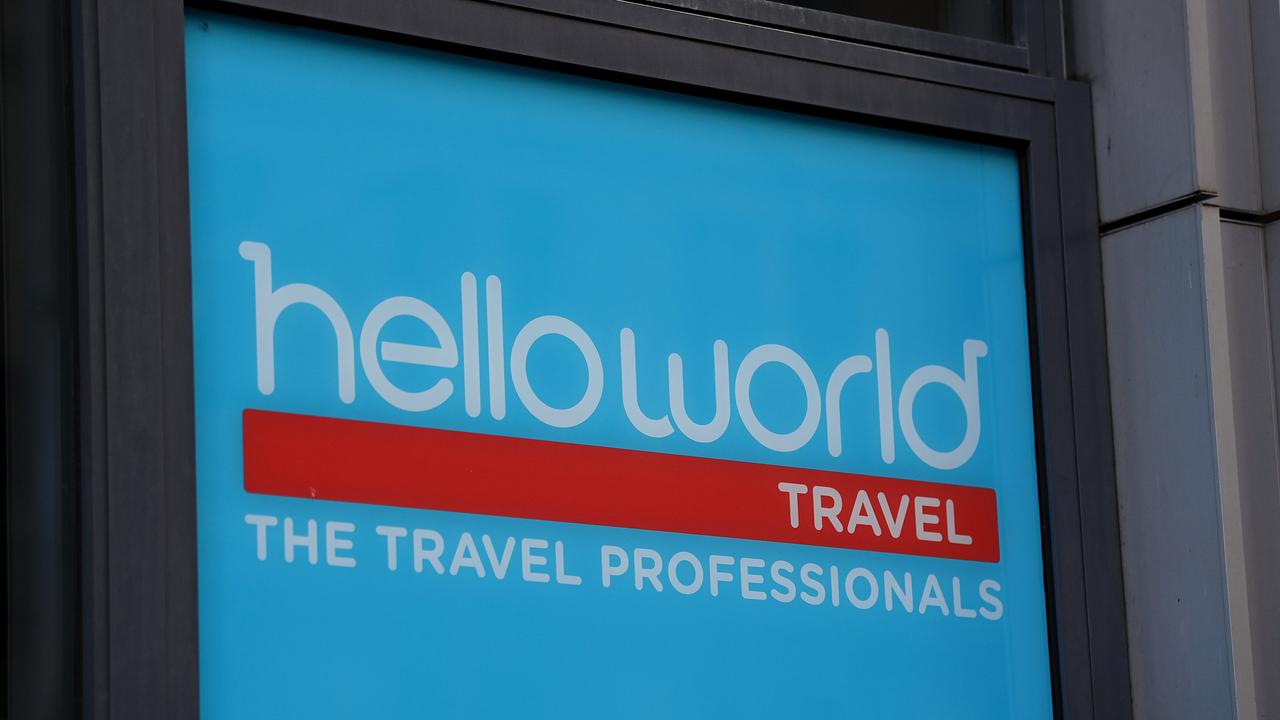
The sale of Navis Capital’s Modern Star could involve a carve-up of the company, with suitors emerging for only parts of the operation.
Bunzl Group, which has operations in Australia, is known to have an interest only in the Australian arm of the education products company.
The company is listed in London and is focused on outsourcing of products for various industries.
Meanwhile, Chinese groups could focus on its Asian operations, with names such as Fosun, Hony Capital and another fronted by China Merchants Bank earlier mentioned in the buyer mix.
Japan’s Benesse has also been identified as a suitor, as has its country counterpart Marubeni.
Perhaps the most interesting name to watch in the competition is global private equity firm Permira, which has plenty of spending firepower and has invested in the space before.
Based in London, Permira invests in consumer, financial services, healthcare and industrial and technology companies. It has raised €33bn since 1985 and is currently investing €7.5bn ($12.2bn) in committed capital.
It is no stranger to the Australian market. It bought radiology provider I-Med last year for $1.3bn and many believe at some stage it also makes sense for it to make a play for the smaller listed rival, Integral Diagnostics.
Permira also considered a purchase of Accolade Wines before the business was purchased by Carlyle Group from CPE Capital Partners, and this year it pursued cybersecurity firm Symantec for at least $US16bn ($23.6bn).
Working on the sale for Navis Capital is Morgan Stanley and Luminis Partners.
First-round bids for the company were due last month and final bids are expected to be due sometime before the end of next week.
Modern Star generates about $55m of annual earnings before interest, tax, depreciation and amortisation, and has grown into a sizeable operation through acquisitions worth up to $500m since it was founded in 1998.
In 2016, it purchased Wisdom Education Products, Cyantist and CleverPatch for a collective $150m. Navis bought a stake in Modern Star in 2014.
The company’s large Chinese presence, accounting for about 20 per cent of the overall operation, was always expected to attract pan-Asian funds and China-based groups.




To join the conversation, please log in. Don't have an account? Register
Join the conversation, you are commenting as Logout